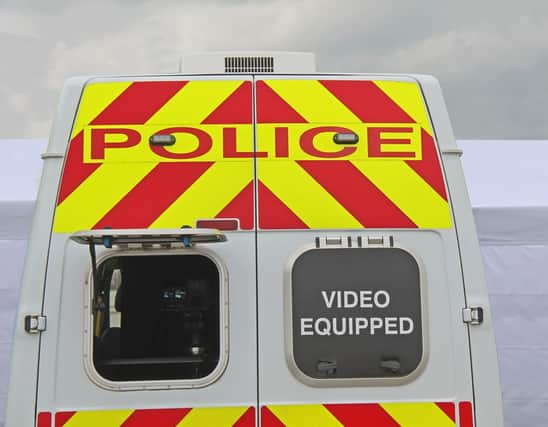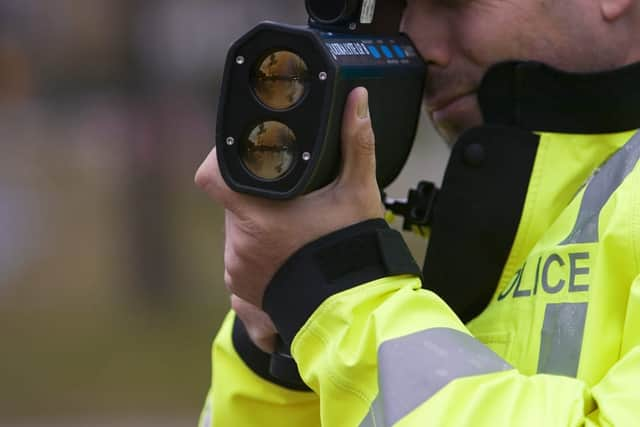Speeding offences tripled during lockdown


Drivers were committing three times as many speeding offences during lockdown than in the period leading up to it, according to new data.
Information gathered by telematics firm AX shows a sharp rise in speeding offences in April, with car drivers even more likely to commit a “major” offence than pre-lockdown.
Advertisement
Hide AdAdvertisement
Hide AdThe analysis used vehicle speed data from AX’s logging systems to work out how many speeding “events” occurred for miles travelled and compared the figures for February 2020 with figures from April 2020.
It found that speeding events were happening three times as often, with “major” speeding incidents - for example doing between 42 and 47mph in a 30mph zone or 91-97mph in a 70mph - occurring once every 32 miles in April, compared to once every 92 miles in February.


Likewise, incidents classed as “serious” - 51mph or more in a 30 zone or over 105mph in a 70mph zone - were three times more common, occurring every 136 miles on average in April, compared to every 443 miles in February.
It wasn’t just a case of motorists covering shorter journeys either, with major speeding events occurring on average once every 4.3 trips in April compared to every 9.8 trips two months earlier.
Advertisement
Hide AdAdvertisement
Hide AdThe figures back up reports from police forces around the country which said they had seen a rise in the number and severity of speeding offences during lockdown.
The rise was partially attributed to drivers taking advantage of quieter roads and assuming police would be focusing on other matters.
Offending levels appear to be dropping again following the end of lockdown as roads get busier again. All types of speeding incidents occurred almost half as frequently in June compared with April, although still far from pre-lockdown levels, according to AX data.
Neil Thomas, director of investigative services at AX, said: “It’s fascinating to see how driver behaviour has been influenced by the impacts of COVID-19.
Advertisement
Hide AdAdvertisement
Hide Ad“Whether it was simply down to reduced traffic levels during lockdown or perhaps drivers assuming police forces had bigger priorities, the data shows that given the opportunity, many drivers are clearly willing to speed and quite often significantly so.
“It goes without saying that excessive speed is detrimental to everyone’s safety, but it poses an additional problem for fleet managers who have a responsibility for the safety of their drivers and vehicles.”